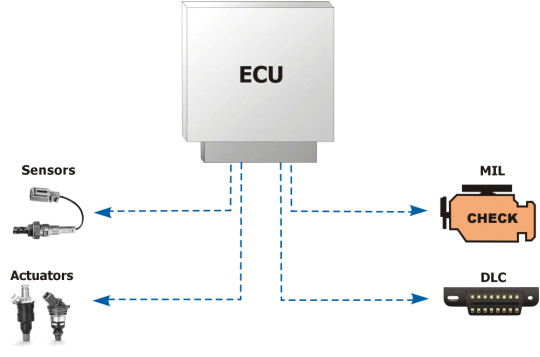Why OBD2 in Yamaha R15?
There are many different changes that can be made to an OBD2 engine, depending on the specific make and model of the vehicle, as well as the performance goals of the owner. Some common modifications to OBD2 engines include:
Engine tuning:
Air intake and exhaust systems:
Forced induction:
Upgraded fuel system:
It's important to note that modifying an OBD2 engine can affect the vehicle's emissions, and may cause it to fail emissions tests. Additionally, some modifications may void the manufacturer's warranty. It's always a good idea to consult with a professional mechanic or performance shop before making any modifications to your OBD2 engine.
Why OBD 2 in YAMAHA R15?
The Yamaha R15 is a high-performance motorcycle that is equipped with an electronic fuel injection system (EFI) and an OBD2 (On-Board Diagnostics 2) system. The OBD2 system on the R15 is designed to monitor the performance of the engine and emissions control systems and to alert the rider to any malfunctions or issues.
The OBD2 system on the R15 is designed to comply with the Indian Bharat Stage (BS) 6 emissions standards. The system includes various sensors that monitor the engine's performance, such as the oxygen sensor, throttle position sensor, and manifold absolute pressure sensor. These sensors send data to the engine control unit (ECU), which uses the information to adjust the fuel delivery and ignition timing to optimize engine performance and reduce emissions.
If a malfunction occurs in the engine or emissions control systems, the OBD2 system on the R15 will generate a diagnostic trouble code (DTC). The DTC will trigger a warning light on the instrument cluster, alerting the rider to the issue. The DTC can be read by connecting an OBD2 scanner to the motorcycle's diagnostic port, which is usually located under the seat or near the battery.
Overall, the OBD2 system on the Yamaha R15 is an important component of the motorcycle's performance and emissions control systems. It allows for real-time monitoring of the engine's performance and ensures that the motorcycle is compliant with the latest emissions standards.
The more that you read, the more things you will know. The more that you learn, the more places you'll go. Thank you for reading; when you read and give feedback, we get one more chance to write one more story.
This content is by Team Motographic



Comments
Post a Comment